Your Ultimate Guide to Finding the Perfect Homes for Sale Near You

Are you in search of the perfect home in your area? Look no further! Our ultimate guide to finding the perfect homes for sale near you has got you covered. Whether you’re a first-time buyer or a seasoned investor, this comprehensive guide will provide you with all the information you need to make an informed decision.
With our expertise in real estate, we have curated a list of the most desirable properties in your area. Our team has analyzed the market trends, neighborhood amenities, and property prices to help you find the ideal home that suits your needs and budget.
From spacious family homes to stylish condos and villas, our guide covers all types of properties available for sale in your area. We understand that each buyer has unique preferences, and our guide aims to cater to all.
Not only will you find detailed property descriptions and images, but our guide also offers valuable tips on navigating the real estate market, negotiating deals, and ensuring a smooth purchasing process. We believe that finding your dream home should be an exciting and stress-free experience, and our guide is designed to assist you every step of the way.
Get ready to embark on your home-buying journey with confidence. Let our ultimate guide be your trusted companion.
Types of homes available in your area
When it comes to finding the perfect home, it’s essential to consider the different types of properties available in your area. From spacious family homes to stylish condos, your options are vast. Understanding the pros and cons of each type will help you make an informed decision.
Single-Family Homes: These are standalone properties that offer privacy and ample space for families. They often come with a yard, perfect for those who enjoy outdoor activities or have pets. Single-family homes provide a sense of ownership and the ability to customize the property to your liking.
Villas and Townhomes: If you’re looking for a more low-maintenance option, villas and townhomes might be the right choice for you. These properties come with shared amenities, such as pools and gyms, and often require less maintenance compared to single-family homes.
Condos: Condos are a popular choice for those who prefer a more urban lifestyle. They are typically located in multi-unit buildings and offer convenience, as many amenities and services are within walking distance. Condominiums are perfect for individuals or couples who don’t need a lot of space and prefer a hassle-free living experience.
Specialty Properties: Waterfront properties hold a unique allure that transcends the ordinary. Living by the water offers a lifestyle unlike any other, where every day is infused with the soothing sounds of lapping waves, breathtaking views, and a sense of tranquility that’s second to none. Whether you’re drawn to serene lakeshores or winding rivers, waterfront living promises a harmonious blend of natural beauty and modern comfort. Join us as we journey into the enchanting realm of waterfront real estate, where dreams are built on the water’s edge.
Factors to consider when searching for homes
Finding the perfect home goes beyond the type of property. There are several factors you should consider before making a decision. These factors will ensure that the home you choose aligns with your lifestyle and long-term goals.
Location: The location of your home is crucial. Consider factors such as proximity to work, schools, and amenities. It’s essential to choose a location that fits your daily needs and offers convenience.
Neighborhood: Take the time to research the neighborhoods you’re interested in. Look for information on safety, community events, and nearby amenities. Visiting the neighborhood at different times of the day can give you a sense of its atmosphere.
Budget: Establish a realistic budget before you start your search. Consider not only the purchase price but also ongoing costs such as property taxes, insurance, and maintenance. Don’t forget to account for any additional expenses you might incur during the home buying process.

Researching the real estate market in your area
To find the perfect home, it’s crucial to understand the real estate market in your area. Researching market trends will give you insights into property prices, inventory levels, and overall demand. Here’s how you can stay informed:
Online Listings: Take advantage of online platforms that list properties for sale. These platforms allow you to filter your search based on criteria such as location, price range, and property type. Make sure to bookmark your favorite listings for future reference.
Local Real Estate Reports: Many real estate agents and organizations publish reports on the local market. These reports provide valuable information on trends, average prices, and market predictions. Stay updated with the latest reports to make informed decisions.
Utilizing online platforms for home searching
In today’s digital age, online platforms have become a powerful tool for home searching. Here are some tips for utilizing these platforms effectively:
Set Up Alerts: Create alerts on a real estate website to receive notifications when new properties that match your criteria become available. This will ensure that you don’t miss out on any opportunities.
Use Filters: Take advantage of the filtering options available on these platforms. Narrow down your search based on factors such as price range, number of bedrooms, and property features. This will help you find homes that meet your specific requirements.

Working with a real estate agent
While online platforms are a great resource, working with a real estate agent can provide you with invaluable expertise and guidance throughout the home buying process. Here’s why you should consider working with a real estate agent:
Market Knowledge: Real estate agents have access to a wealth of market knowledge. They can provide insights into property values, market trends, and negotiation strategies.
Property Showings: Agents can schedule private showings for properties you’re interested in. They can also provide additional information and answer any questions you may have during these showings.
Negotiation Expertise: Negotiating the price and terms of a home purchase can be daunting. A skilled real estate agent can negotiate on your behalf, ensuring that you get the best possible deal.
Scheduling private showings
Once you have narrowed down your search and identified properties that align with your needs, it’s time to schedule private showings. Here’s how you can make the most of these opportunities:
Private Showings: Private showings allow you to view a property in more detail and ask specific questions. Take advantage of this opportunity to assess the property’s suitability for your needs.
Take Notes: It’s easy to get overwhelmed when viewing multiple properties. Taking notes during open houses and private showings will help you remember the key features and drawbacks of each property.
Making an offer and negotiating the price
Once you’ve found the perfect home, it’s time to make an offer. Here are some tips to navigate the negotiation process:
Research Comparable Sales: Research recent sales of similar properties in the area to determine a fair market value for the home you’re interested in. This information will help you make an informed offer.
Include Contingencies: Contingencies protect you as the buyer and allow you to back out of the deal if certain conditions are not met. Common contingencies include a home inspection and financing contingency.
Negotiate with Confidence: Work closely with your real estate agent to negotiate the price and terms of the offer. Be prepared to compromise but also advocate for your best interests.
Completing the home buying process
Once your offer is accepted, the home buying process enters its final stages. Here’s what you can expect:
Home Inspection: Schedule a home inspection to identify any potential issues with the property. The results of the inspection may influence your decision to proceed with the purchase or negotiate repairs.
Appraisal: The lender will typically require an appraisal to determine the value of the property. If the appraisal comes in lower than the agreed-upon price, you may need to renegotiate or come up with additional funds.
Closing Process: The closing process involves signing the necessary paperwork, transferring funds, and officially taking ownership of the property. It’s crucial to review all documents carefully and ask any questions before signing.

Conclusion and final tips for finding the perfect home
In conclusion, finding the perfect home requires careful consideration and research. By understanding the types of homes available, considering important factors, researching the market, utilizing online platforms, and working with a real estate agent, you can navigate the home buying process with confidence.
Remember to schedule private showings to get a firsthand look at the properties you’re interested in. When making an offer, negotiate with confidence and consider including contingencies to protect your interests.
As you complete the home buying process, don’t forget to schedule a home inspection and review all documents carefully before signing. With the help of this ultimate guide, you’ll be well-equipped to find the perfect home that suits your needs and budget.
Happy house hunting!
Categories
- All Blogs (75)
- Best Time To Sell (5)
- Condos and Villas (23)
- Elkhart (35)
- For Buyers (55)
- For Sellers (27)
- FSBO (14)
- Granger (32)
- Guides (41)
- Housing Market (38)
- Housing Trends (2)
- Inspections (4)
- Lifestyle (12)
- Market Trends (11)
- Mishawaka (33)
- Mortgage (17)
- Notre Dame (44)
- Property Tax (3)
- South Bend (57)
- Things To Do (5)
- Waterfront (5)
Recent Posts
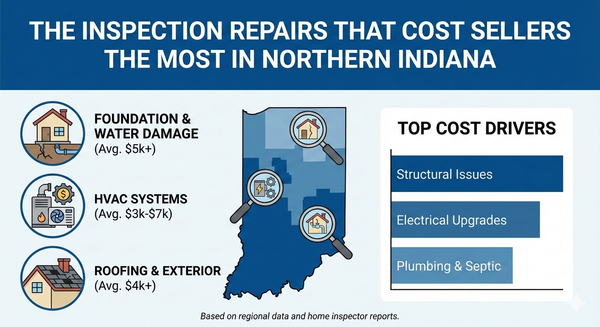
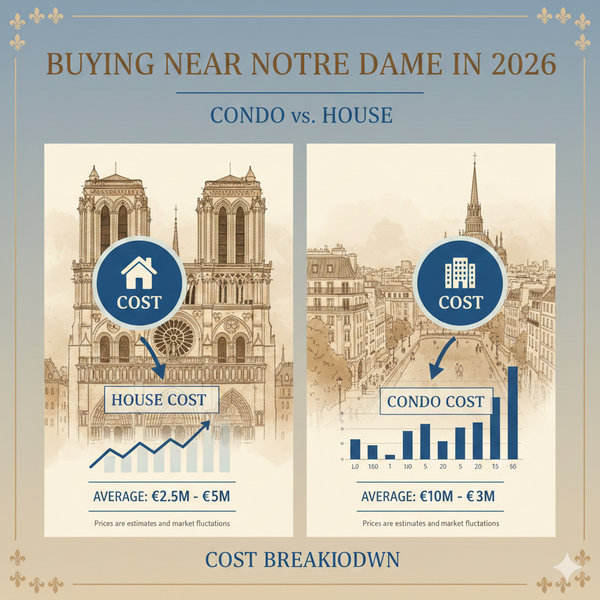


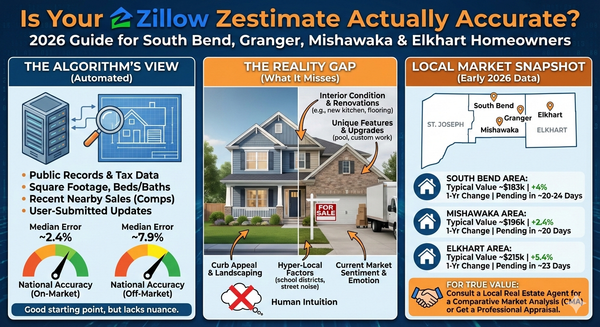

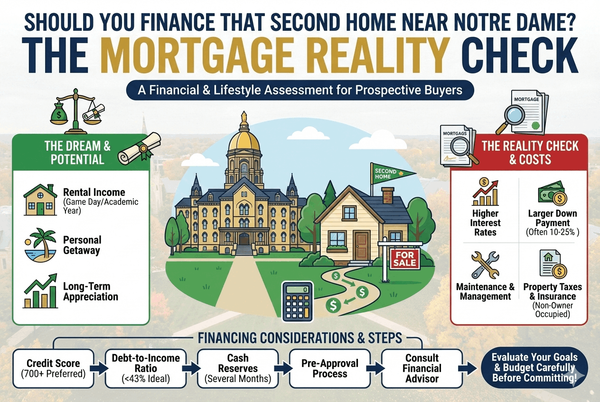
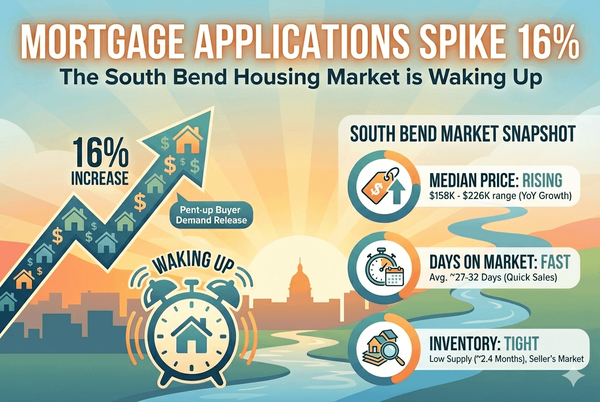
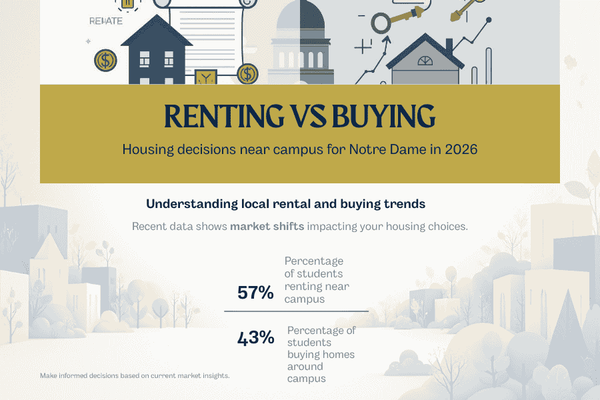

GET MORE INFORMATION

